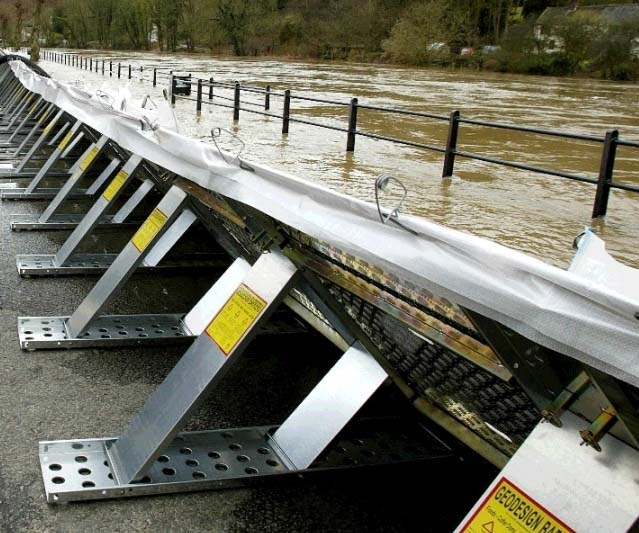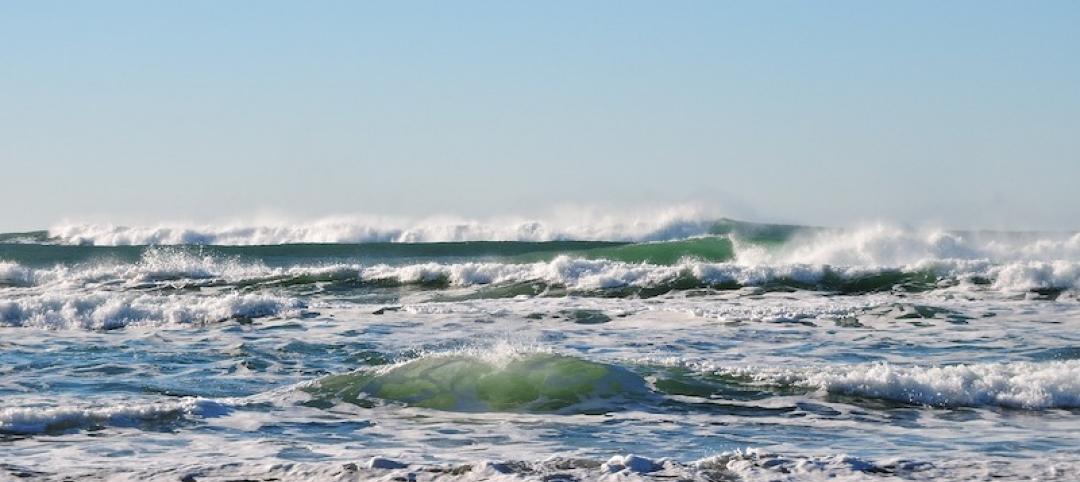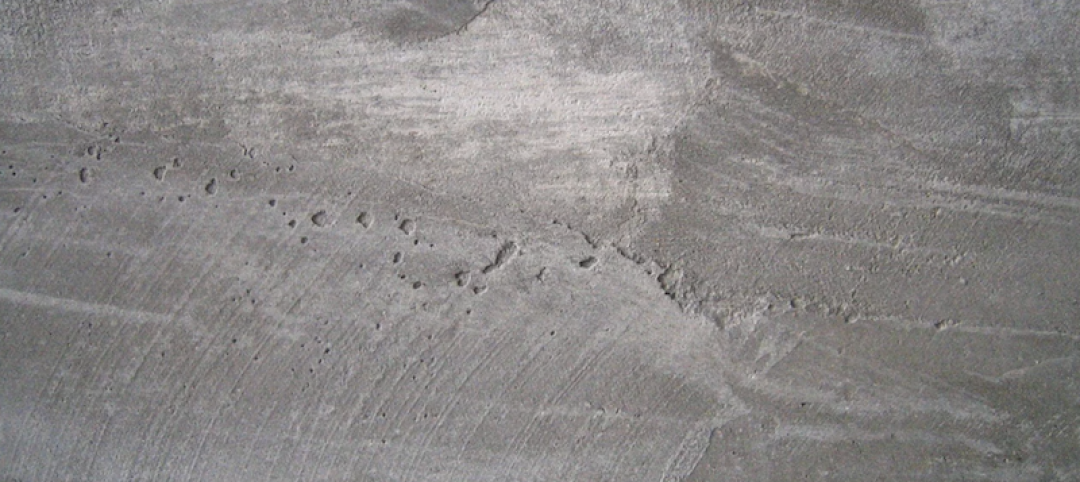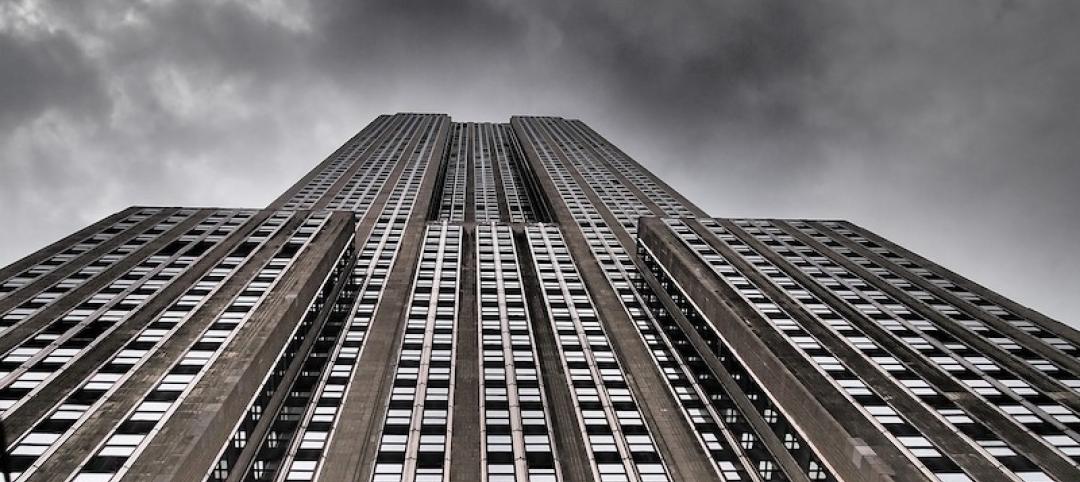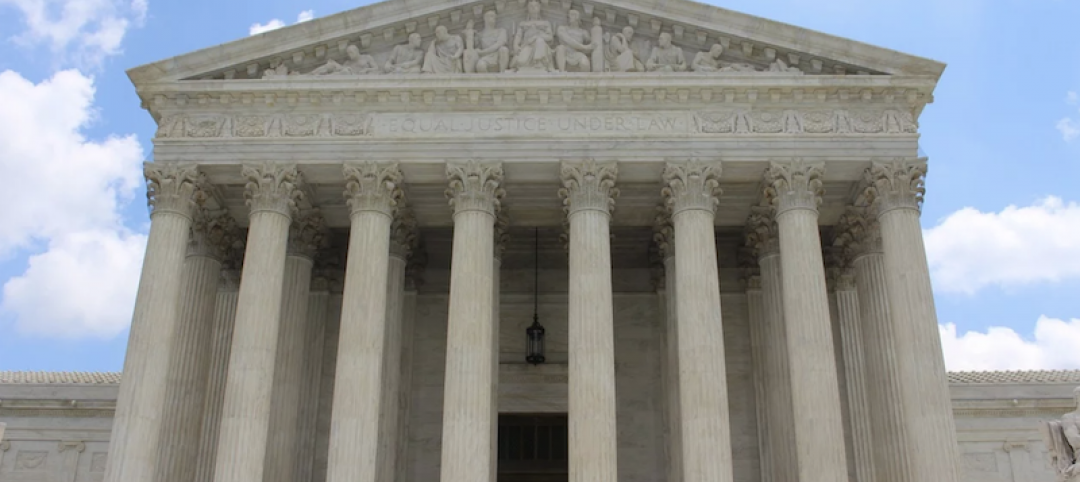Sea levels around Boston could rise as much as 7.5 feet by 2100, according to climate scientists. As a result, the city is at risk of significant flooding during high tides and normal rainfall let alone big storms.
The Urban Land Institute held brainstorming sessions over the last several months involving more than 70 engineers, architects, and development and insurance specialists to examine how rising sea levels would affect four representative areas in and around Boston. The group concluded that the area should consider building canals to absorb and divert water and higher sea walls for flood protection. It also called on called on municipalities to discuss ways to raise money for preparing vulnerable areas and to alter building and zoning rules to take the likelihood of flooding into account.
“We’re not going to start digging the canals tomorrow,” Brian Swett, Boston’s chief of energy, environment, and open space, told the Boston Globe. “But the report makes the important point that you can’t solve 6 feet of sea level rise simply by building a bigger dam on the Charles River.”
In the low-lying Alewife section of Cambridge, new residences might have to be concentrated into taller buildings with more space between them to make room for water infiltration. The report also suggested that retail shops be concentrated into a raised corridor to keep them above flood waters.
Related Stories
Codes and Standards | Mar 6, 2020
Design firms creating plans to re-imagine D.C.’s tidal basin
Area including National Mall is facing increased flood risk.
Codes and Standards | Mar 5, 2020
France to mandate all new public buildings be 50% timber or other natural materials
Measure would go into effect by 2022.
Codes and Standards | Mar 4, 2020
American Concrete Institute and Precast/Prestressed Concrete Institute expand partnership
Will collaborate on new code requirements.
Codes and Standards | Mar 3, 2020
Wallcoverings industry releases product scorecards concerning sustainability
Tool adds more transparency to certification.
Codes and Standards | Feb 28, 2020
Bay Area communities struggle with what to do about rising sea level
Policies include sea walls, levies, and relocation.
Codes and Standards | Feb 27, 2020
Cell phones present a safety hazard at job sites
Use of ear buds, headphones banned by some contractors.
Codes and Standards | Feb 26, 2020
American Concrete Institute releases 2020 codes, specifications, and practices
ACI Collection features guidance on structural concrete construction and rehabilitation.
Codes and Standards | Feb 25, 2020
New ISO standard for optimizing building use and reusing and recycling components released
Aim is to realize full potential value of a building throughout its life cycle.
Codes and Standards | Feb 21, 2020
Architects push back on proposed uniform design mandate for federal architecture
AIA speaks out against measure.
Codes and Standards | Feb 20, 2020
City-owned buildings to go carbon-free in Los Angeles
Mayor commits to goal for new and extensively renovated structures.


